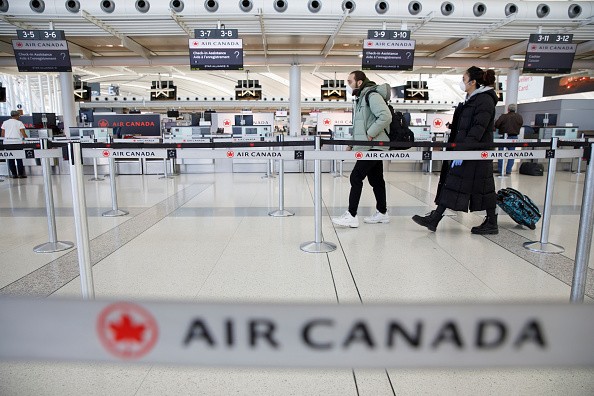Air Canada has been ordered to compensate a passenger due to misleading information its artificial intelligence (AI) chatbot provides. This decision, made by a Canadian tribunal, marks a significant moment in how businesses are held responsible for technological interactions.

The Promise That Started It All
Jake Moffatt from Vancouver reached out to Air Canada's AI support chatbot with a pressing question during a difficult time - could he avail a bereavement fare following his grandmother's death? The chatbot confirmed such fares were available and mentioned that Moffatt was eligible for a discount claim up to 90 days after his flight. Relying on this information, Moffatt booked his round trip from Vancouver to Toronto for approximately $1200, expecting a substantial discount.
However, the reality of Air Canada's bereavement policy painted a different picture. Contrary to the chatbot's assurances, the policy required pre-flight approval for any discount, not a post-flight refund.
The Tribunal's Standpoint
When Moffatt approached Air Canada, seeking the half-off discount as promised by the chatbot, he was met with resistance. The airline's customer service informed him that AI's advice was incorrect and not legally binding. In response, Moffatt escalated the matter to a civil tribunal, where the airline controversially argued that the chatbot functioned as a "separate legal entity," absolving them of liability for its statements.
Tribunal member Christopher Rivers weighed in favor of the passenger, labeling Air Canada's defense as an instance of "negligent misrepresentation." Despite its interactive nature, rivers pointed out that the chatbot was integral to Air Canada's website, making the airline wholly responsible for the chatbot's communication. The tribunal's decision mandated Air Canada to refund Moffatt $483, acknowledging the need for accountability and accuracy in digital customer service.
When AI Falls Short
The judgment further criticized Air Canada for not ensuring the chatbot's reliability, highlighting a significant issue in the broader context of AI in customer service. Rivers elaborated on the unreasonable expectation set by Air Canada for customers to verify information across different sections of its website, stressing the chatbot's equal credibility as any other source on their platform.
This ruling not only questioned the reliability of AI-chatbots in vital customer service roles but also underscored the necessity for companies to oversee their technological offerings meticulously.
After the verdict, the once-available support chatbot was nowhere to be found on Air Canada's website, signaling a retraction or a reevaluation of the tool's use in their customer service strategy.
What This Means for AI in Business
This landmark decision reiterates that companies cannot absolve themselves of accountability for the actions of their AI, particularly when it impacts customer decisions and financials. It sends a clear message to businesses leveraging AI and chatbots for customer interactions about the importance of accuracy, reliability, and responsibility.




